One of the SEO myths that seems to stubbornly persist is the value of fresh content. The problem revolves around the definition of fresh. Google likes new content. That’s very different from refreshed content, which is where many people seem to focus their attention.
Here’s a quick guide to new versus refreshed content, illustrated with cats (and Vladimir Putin).
Google Loves Kittens
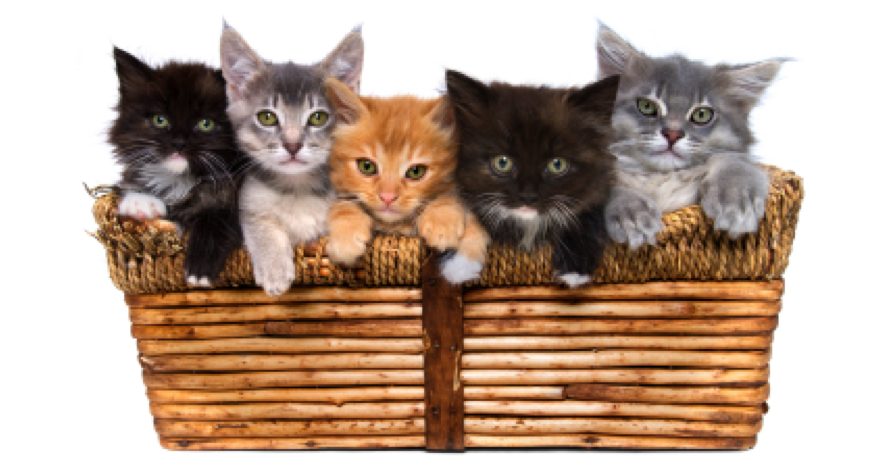
New content is what Google craves. Googlebot will fawn over newly minted content. “Awwwww, so cute!”
This is what Google means when they say they want fresh content. They want kittens! It’s not that they don’t like cats, but they’re all grown up. They’re not as exciting or surprising anymore.
Kittens For Sale!
One of the tricks some people talk about is changing the time stamp on a piece of content. The idea being that by changing the date it makes the content look new. Now, my SEO philosophy is based on the idea that search engines are like children, but even a five year old can tell the difference between a kitten and a cat.
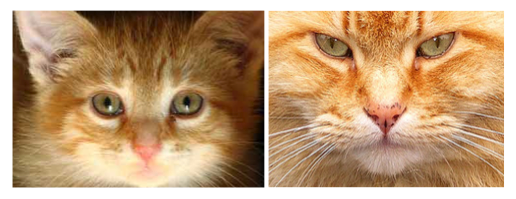
Saying your cat is really a kitten won’t work. Google knows it’s still a cat.
Renaming Your Cat
Others will change the title tag thinking that, just by making this change, the search engine will treat it like ‘fresh’ content. If you renamed your cat, would it suddenly become a kitten?
One of the problems here is that you can sometimes change the title tag to something better … or worse.
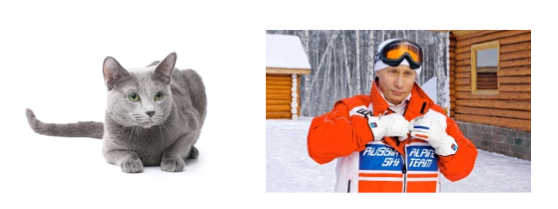
If your title tag for this content was Cat and you change it to Russian Blue you’ll probably do better. If you then change the title tag from Russian Blue to Blue Russian you probably won’t. At that point Google may think your content is about a very cold individual from Russia.
Renaming your content doesn’t transform your cat into a kitten. However, changing your cat’s name may have an impact on relevance one way or the other.
Dressing Your Cat
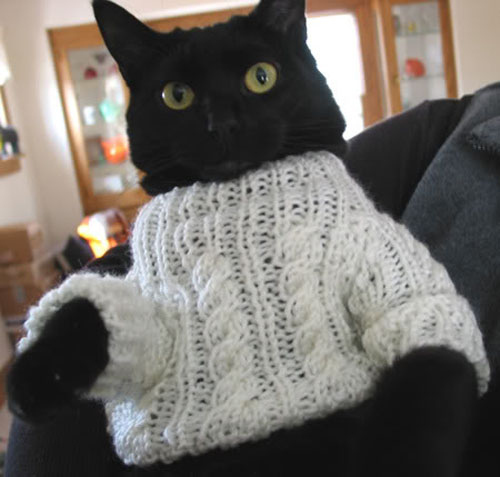
New comments or reviews makes my content fresh, right? Wrong! Dressing your content up in a new outfit does not turn it into new content. Once again, you might get a false positive, because the additional text may add (or subtract due to pagination) something to the content.
Putting a sweater on your cat might make it more interesting, but it’s still a cat.
Changing Your Cat
Maybe you come home and your child has painted the cat green. Perhaps the cat comes home one night with a small notch out of its ear. Is that cat now a kitten? No! Small changes to your content do not make it new.
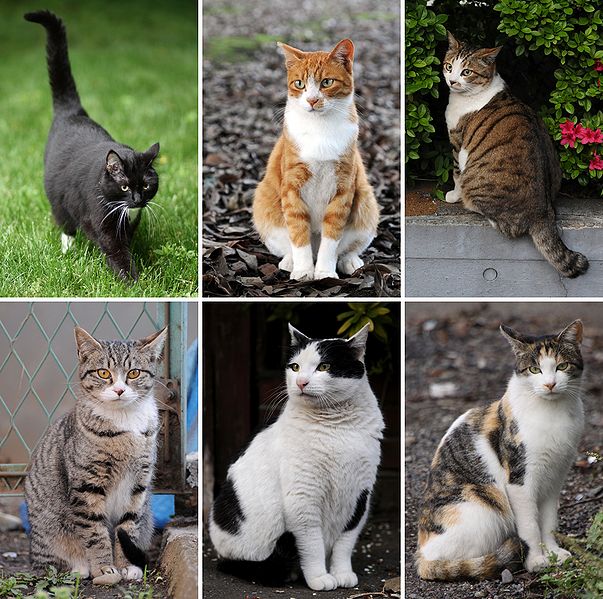
Even major changes to content don’t transform a cat into a kitten. Again, you might change the relevance of that content (for good or for bad) but it won’t be new. If the content is completely different (a dog instead of a cat) you probably want to create a new piece of content.
Because Google likes puppies too.
The Next Post: WordPress Duplicate Content
The Previous Post: Are Brands Good For Search?

Comments About The Fresh Content Myth
// 4 comments so far.
Sunny // April 15th 2011
Very nice, have laughed hardly. A cat is not a kitten. Everyone gets this….
Dat To // April 15th 2011
Great article & clever idea with the cats. Thx for clearing up those misconceptions about fresh content. The cat analogy makes your points easier to understand.
WB // April 24th 2011
I amputated my cats back legs…..will google know it is now a disabled cat?
Matthew Edward // May 21st 2011
If I replace all the instances of the word ‘cat’ with ‘pussy’ in my content, will I get sandboxed?
Great and amusing analogy.
2 meows up!
Sorry, comments for this entry are closed at this time.
You can follow any responses to this entry via its RSS comments feed.